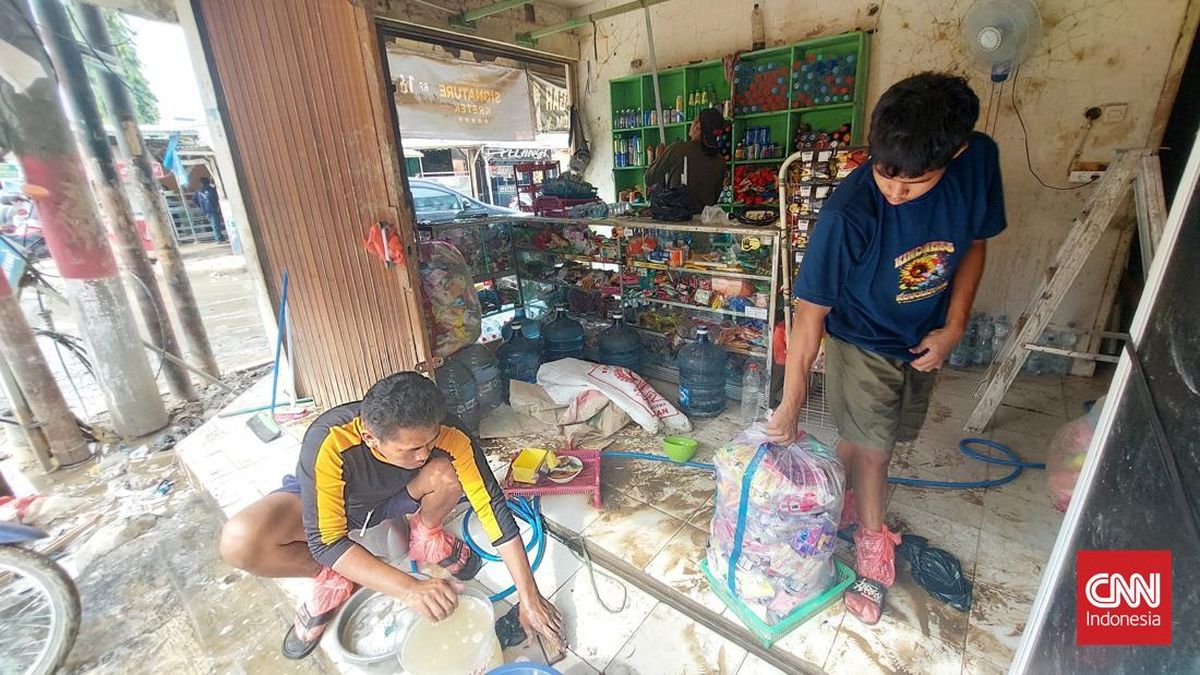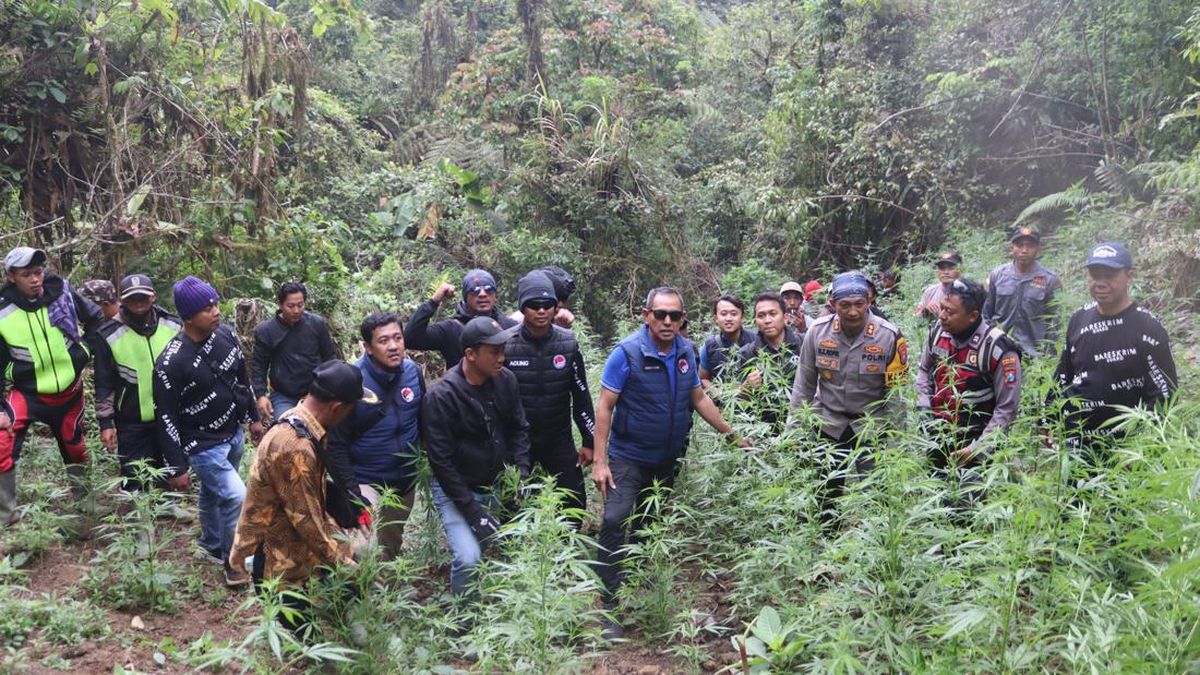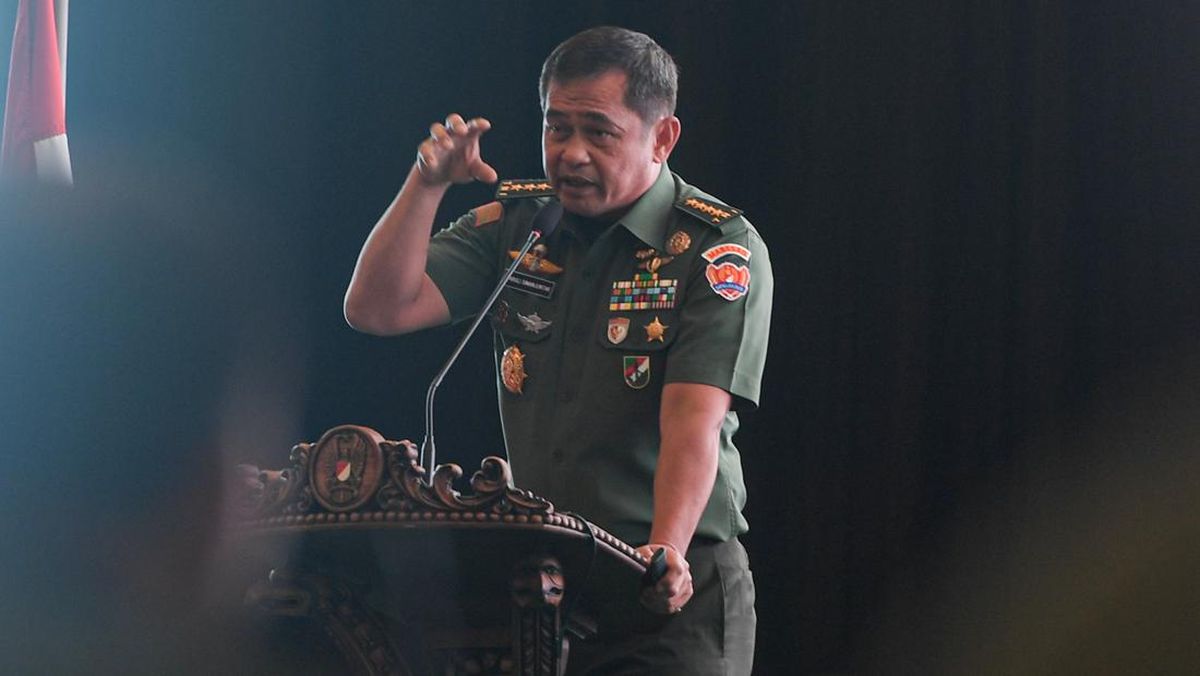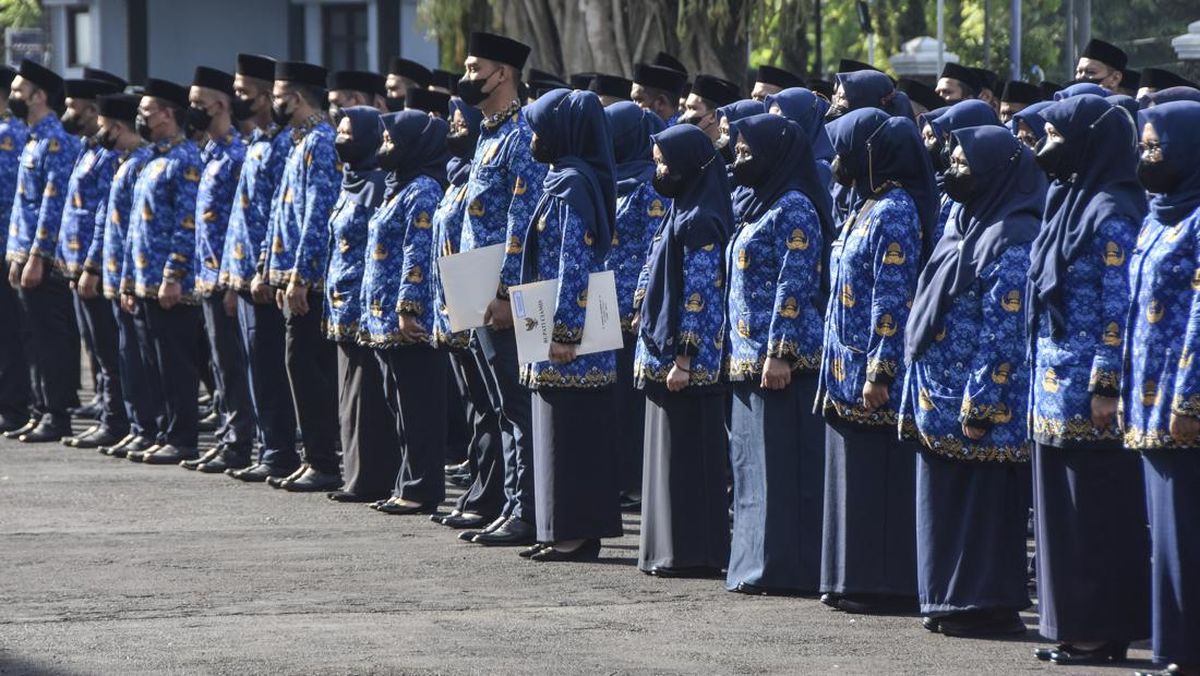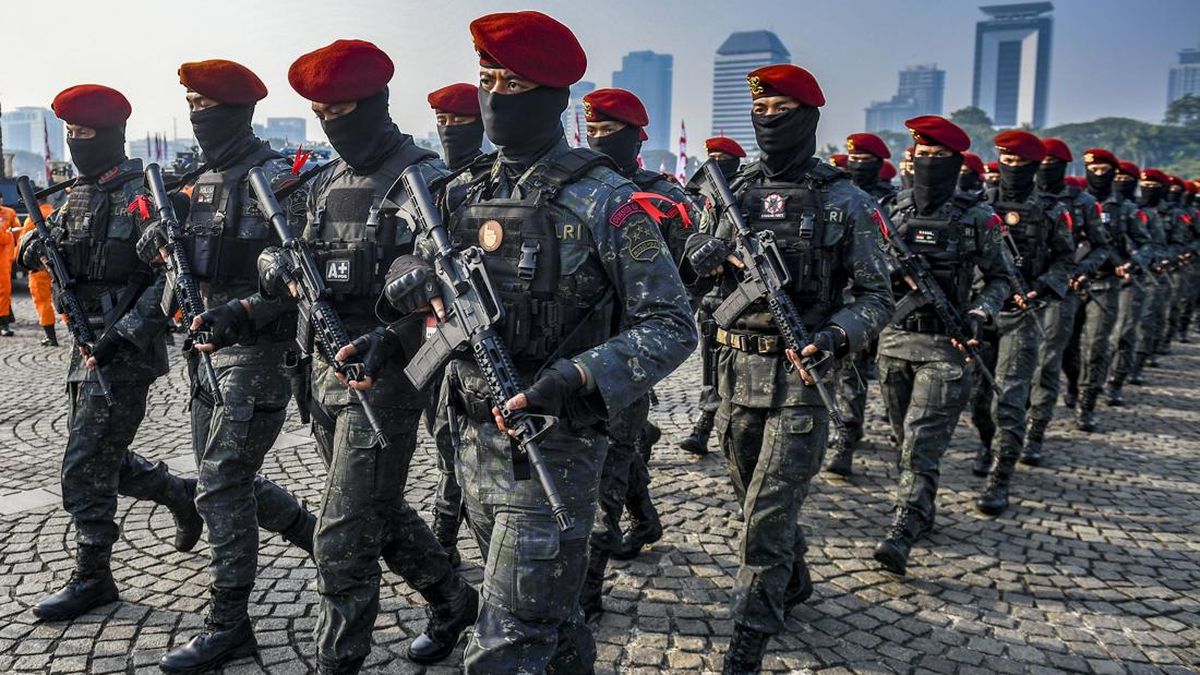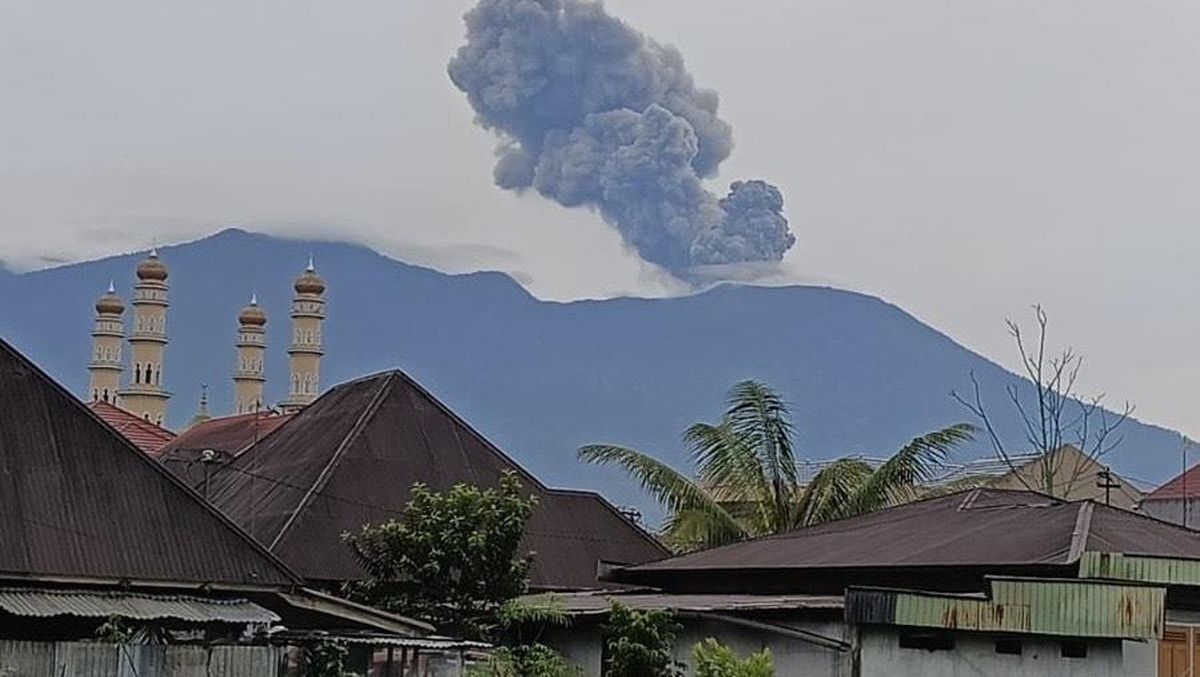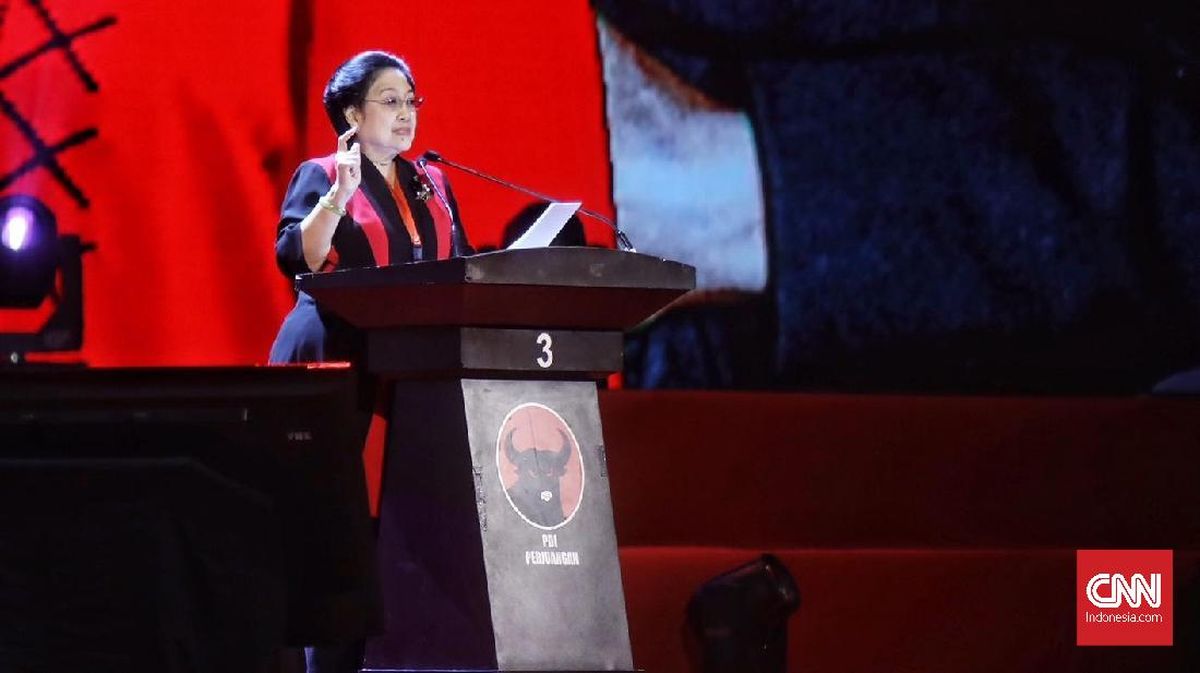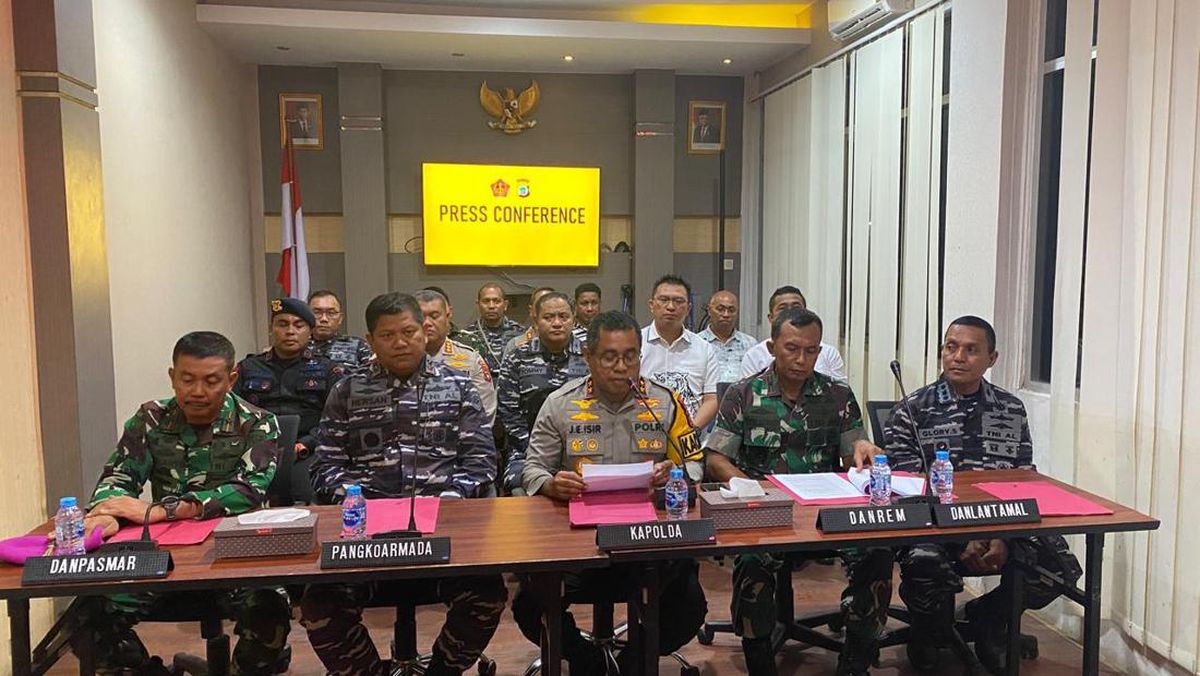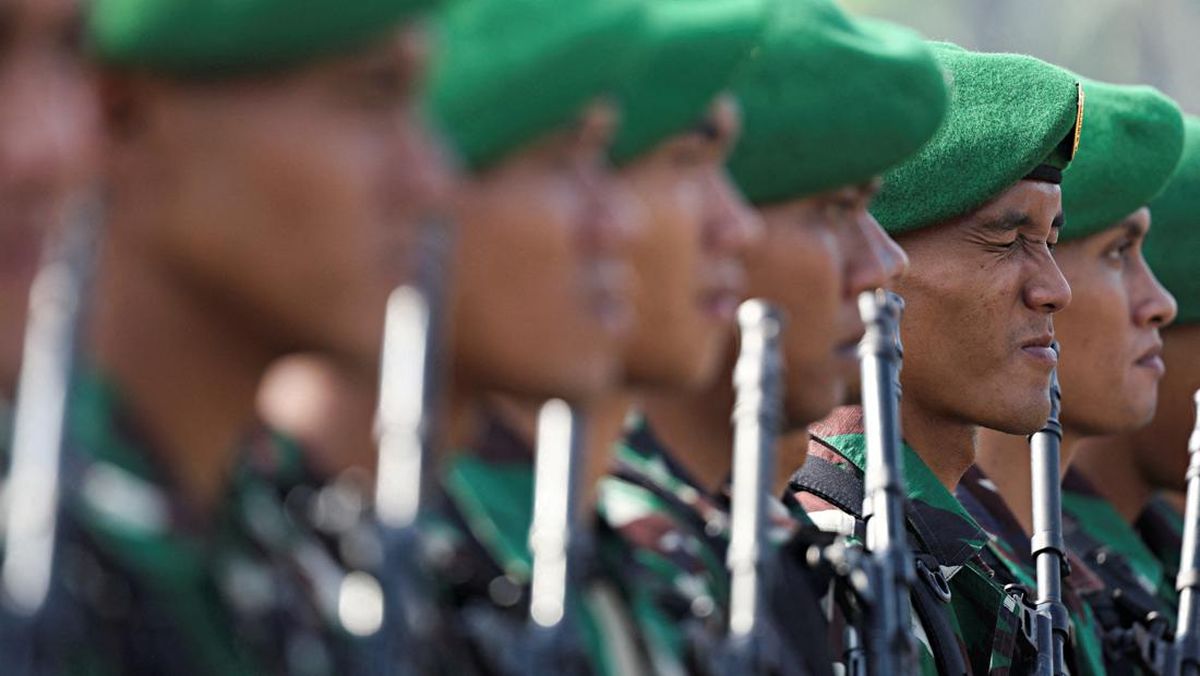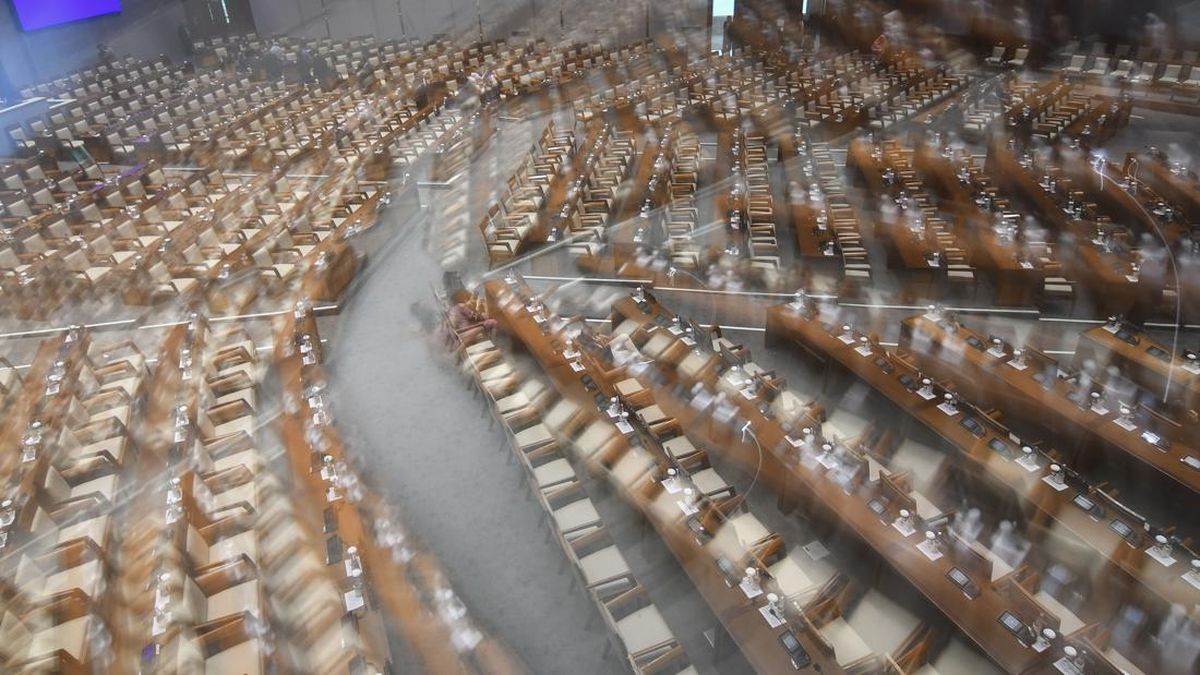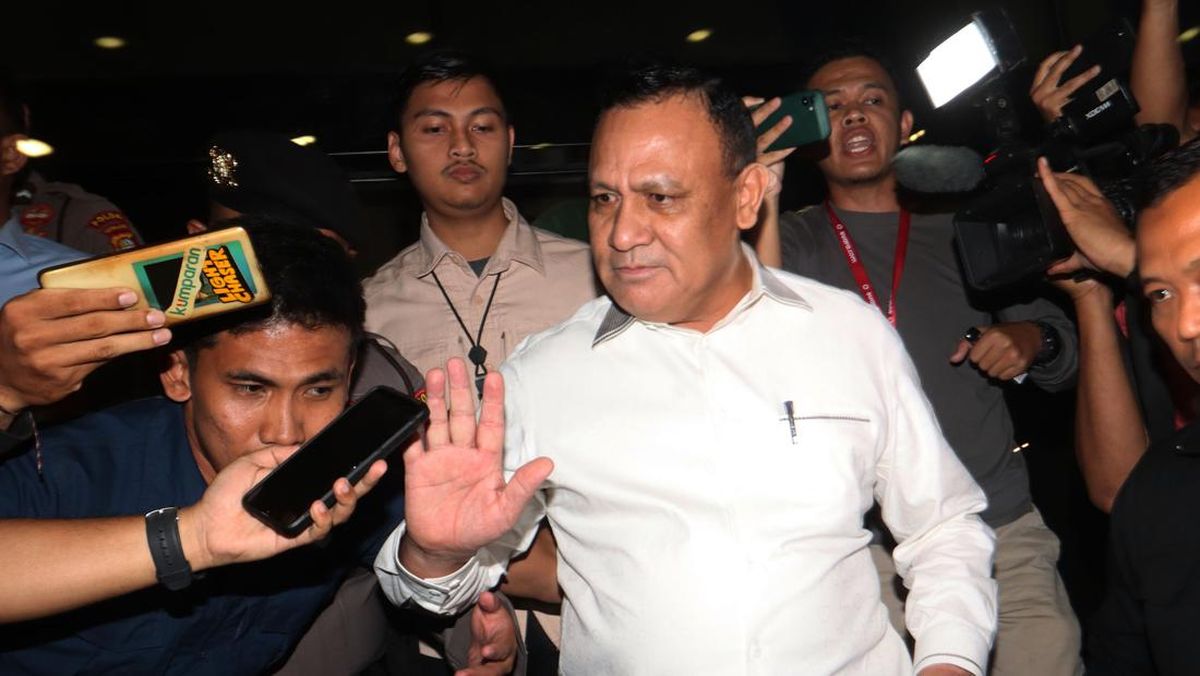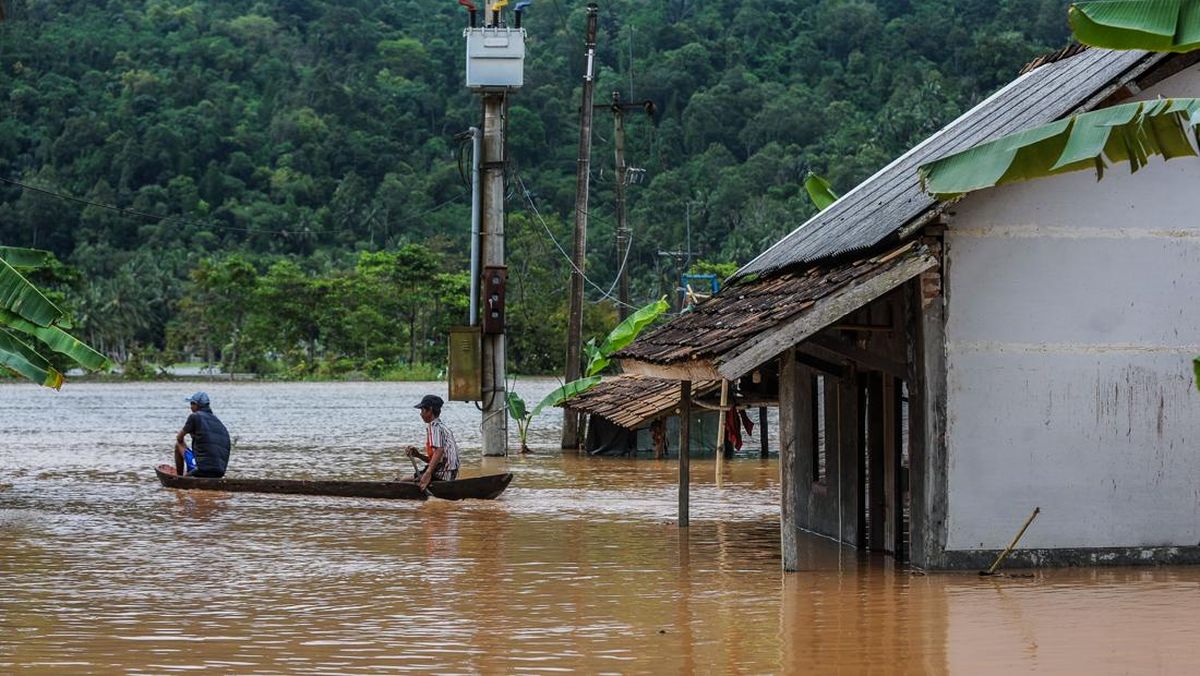TEMPO.CO, Jakarta - An investigation into a deadly Jeju Air plane crash in South Korea is underway, but experts have questioned whether a bird strike could have caused damage to the undercarriage of the plane.
Only two of the 181 people on board Jeju Air Flight 7C2216 survived Sunday morning, December 29, 2024, after the plane made a botched emergency landing at South Korea's Maun International Airport. The plane had been flying from the Thai capital Bangkok, carrying dozens of Christmas holidaymakers.
Among the passengers were five children under the age of 10, including a three-year-old. The survivors were two crew members sitting in the rear of the plane.
The incident resulted in the highest number of fatalities from a plane crash on South Korean soil in the history of the country, which has had a strong aviation safety record for the past two decades.
"Why didn't the fire brigade put foam on the runway? Why weren't they there when the plane landed? And why did the plane land so far down the runway? And why was there a brick wall at the end of the runway?" said Airline News editor Geoffrey Thomas quoted by the Independent, Sunday, December 29, 2024.
South Korean officials said they were investigating the cause of the crash, including a possible collision with birds, because it turned out that air traffic controllers had warned the pilot of the risk of collision three minutes before the plane hit the runway.
A minute after the warning, the pilot issued a mayday command. According to local media, a passenger on the flight sent a text message to family members saying that a bird was "stuck on the wing" and the plane was unable to land.
Under global aviation rules, South Korea will lead a civil investigation into the crash and automatically involve the National Transportation Safety Board in the United States, where the plane was designed and built. Jeju Air claims the crash was not due to "any maintenance issues".
The flight data recorder was found at 11:30 local time (02:30 GMT), about two and a half hours after the crash, and the cockpit voice recorder was found at 14:24, according to South Korea's transport ministry.
However, investigators later told South Korea's Yonhap news agency that the voice recorder was damaged and it could take up to a month to decode it.
Thomas described the flight data recorder as "the heartbeat of the plane" that should provide clues as to how the crash occurred. There could be several possible reasons for the crash. However, experts said it was unlikely that a bird strike was the sole cause of the landing gear failure.
"Bird strikes are not uncommon, problems with the undercarriage are not uncommon. Bird strikes are much more common, but they don't usually cause the plane to fail by themselves," Thomas said.
Australian aviation safety expert Geoffrey Dell said: "I've never seen a bird strike that prevented the landing gear from deploying."
"A bird strike can affect a CFM International engine if a flock of birds get sucked into it, but it doesn't necessarily shut it down, giving the pilot time to deal with the situation," Dell said.
Experts also questioned why the pilots didn't have time to slow down, as is customary, during an emergency belly landing.
Typically, in a belly landing, “you’re going to land with your engines and you’re going to have a bumpy ride,” Thomas said. “You come in with minimal fuel, you have fire trucks standing guard, you’re covering the runway with foam and you land at the far end of the runway and it usually ends up being fine.”
Joo Jong-wan, the vice transport minister, dismissed concerns about the use of brick walls as a safety measure, saying both ends of the runway have “safety zones with green buffer areas before you get to the outer walls.”
The captain had been in the rank since 2019 and had logged 6,823 flight hours, the transport ministry said. The first officer had been in the rank since 2023 and had logged about 1,650 flight hours.
The Boeing model involved in the crashes, the 737-800, is one of the world’s most widely flown aircraft with a generally strong safety record and was developed long before the MAX variant involved in Boeing’s recent safety crises.
The airline apologized to all parties affected by the incident. "We will make every effort to resolve this situation. We sincerely regret the suffering caused," Jeju Air wrote on their official website, jejuair.net, on Sunday, December 29, 2024.
The Embassy of the Republic of Indonesia in Seoul, South Korea, confirmed that there were no fatalities who were Indonesian citizens. "There were no Indonesian passengers on the plane," the Indonesian Embassy wrote in their official statement.
Boeing, as the aircraft manufacturer, stated that it was contacting Jeju Air and was ready to help. "We express our deepest condolences to the families who lost loved ones, and our thoughts remain with the passengers and crew," Boeing wrote in a post on X, Sunday.
Editor's Choice: Jeju Air Victim's Last Message: 'Should I Make a Will?'
Click here to get the latest news updates from Tempo on Google News

 3 months ago
144
3 months ago
144



























